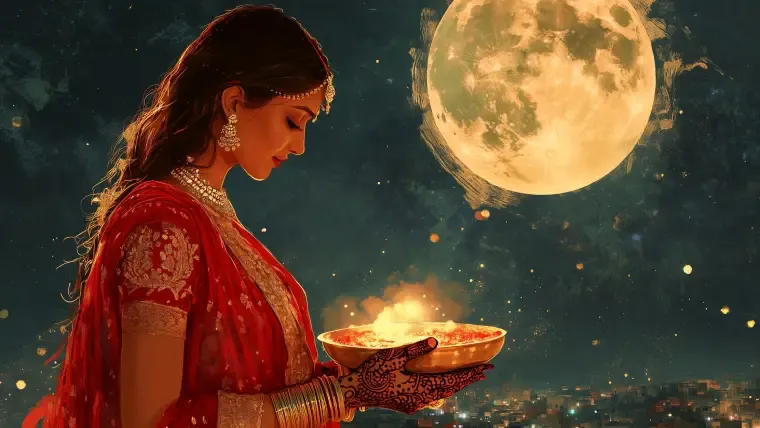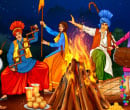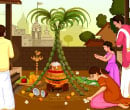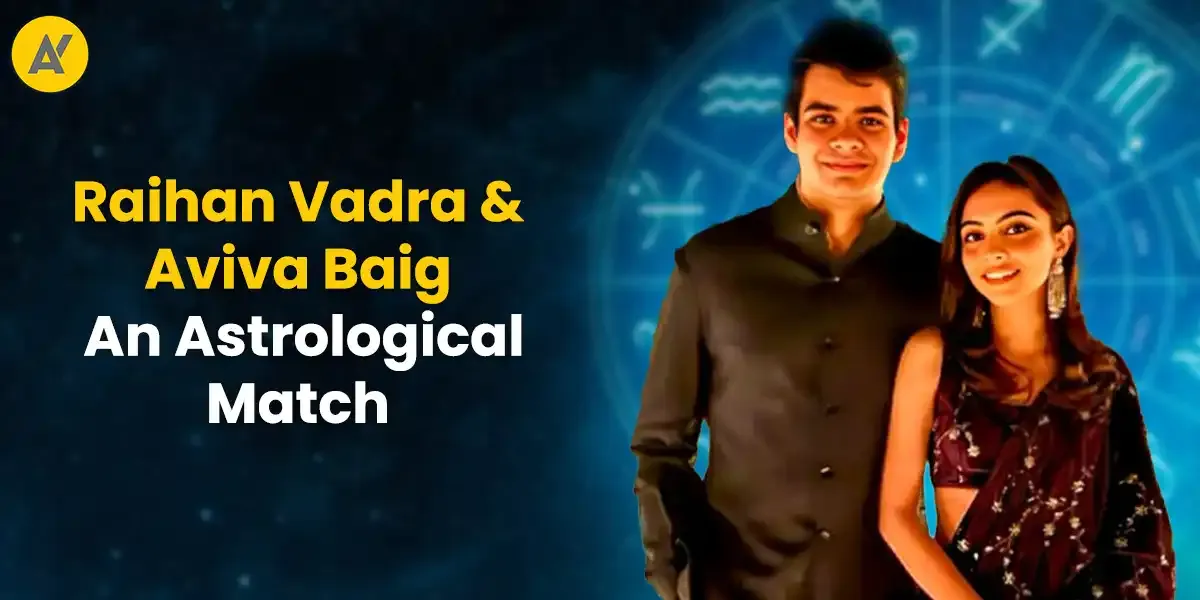
Friday, January 9, 2026 Paksha:Krishna Tithi:Saptami
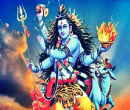
Saturday, January 10, 2026 Paksha:Krishna Tithi:Ashtami
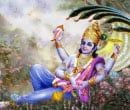
Wednesday, January 14, 2026 Paksha:Krishna Tithi:Ekadashi

Thursday, January 15, 2026 Paksha:Krishna Tithi:Dvadashi

Friday, January 16, 2026 Paksha:Krishna Tithi:Trayodashi

Sunday, January 18, 2026 Paksha:Krishna Tithi:Amavasya
Karwa Chauth is a popular Hindu festival that is celebrated by married women. They pray for the longevity of their husband’s life by keeping a strict fast where they do not even drink a drop of water throughout the day. This year, this festival will be arriving on the 29th of October and will be celebrated amidst much enthusiasm.
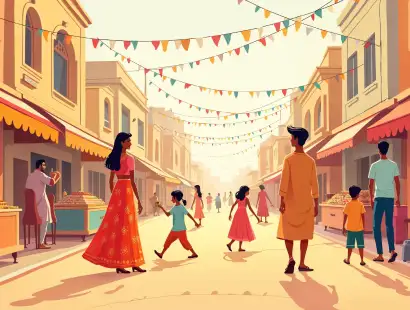


Duration - 01 Hour 16 Mins
Moonrise on Karwa Chauth Day - 08:33 PM
Chaturthi Tithi Begins - 01:06 AM on Oct 29, 2026
Chaturthi Tithi Ends - 10:09 PM on Oct 29, 2026
All About the Karwa Chauth Festival
During the celebrations of this festival, Hindu married women in different parts of India observe a nirjala vrat wherein they do not even drink a drop of water the entire day of this festival. They observe such a difficult fast to pray for their husband's long life as per the traditions. This fast is observed on the fourth day or Chauth after Purnima in the month of Kartik as per the Hindu Panchang.
Karva Chauth Festival Puja Vidhi
This festival is extremely important for married women as they pray for their husband's long life along with a happy and blessed marital life. As a result, the puja vidhi of this day is extremely important and must be performed assiduously. Let us look at the puja steps for this day below-
- Women must get up early before the sun rises and take a bath on this day.
- Women must pledge to perform the nirjala vrat with devotion as they pray for their husband's health, long life, and fortune.
- Women eat sargee early in the morning that is prepared by their mother-in-law. This includes fresh fruits, coconut, dry fruits, sweets, milk, pheniya or vermicelli, tea, among other things. Women must drink water to properly hydrate and prepare for the rest of the day.
- After the sargee, women aren't allowed to even drink water until they offer an arghya to the moon.
- In the evening, women adorn a new saree and do solah shringaar along with applying henna on the palms of their hands.
- Clean the place of worship with Ganga Jal.
- Prepare a puja thali with all the items of shringaar like bindi, bangles, Mehendi, sindoor, etc. Put fruits, dry fruits, sweets, milk, and flowers on the thali.
- Decorate a karva or lota and fill it with water. Add some rice to it.
- Worship Lord Shiva and Goddess Parvati along with their son Lord Ganesha and Lord Karthikeya.
- Read the Karwa Chauth Katha either at home or join a group of ladies to perform the puja.
- When the moon rises, make a diya out of the dough of whole wheat flour and fill it with ghee. Light the diya and put it on a sieve. Look at the moon through this sieve, followed by looking at your husband.
- Offer an arghya to the moon using the karva prepared earlier.
- Offer sweets to the moon and then your husband.
- Break your fast by drinking some water and eating sweets from the hands of your husband.
- Prepare a hearty meal and break the fast eating delectable dishes on this day.
Astrological Significance of Karwa Chauth
The festival is celebrated in the Kartik month on the Sankashti Chaturthi of Krishna Paksha. This festival holds grave significance as married women observe a day-long nirjala vrat and worship the moon rising in the sky with Shodasopachar, also known as sixteen-fold worship. Astrologically, this is said to strengthen the moon in one's birth chart and have a beneficial impact on one's marital life. Furthermore, paying respects to Goddess Parvati on the Karwa Chauth dates and time is said to appease her, showering her blessings upon the longevity of the devotees' married life.
Significance of Karva Chauth
Even though this festival is largely celebrated in the Northern parts of the country, its popularity knows no dearth in other parts of the country. This festival is primarily for married women, and it is dedicated to the most important bond in one's life- the eternal bond of marriage. The festival commemorates the unconditional love a wife has for her husband as she observes a nirjala vrat for the longevity of her husband's life. According to the lunar calendar in Hinduism, this festival is celebrated on the fourth day after Purnima in the Kartik month. Furthermore, the name of the festival is derived from two words, namely, "Karva," which means an earthen pot, and "Chauth," meaning fourth. It is for this reason that the festival is also called Kark Chaturthi, where "Kark" means an earthen pitcher filled with water.
Karwa Chauth Vrat Katha (Story)
As per the scriptures, there once was a beautiful queen named Veervati who was an only sister to seven brothers who loved and adored her. After her wedding, she observed her first fast on the day of this festival as per the directions of her mother. Her brothers wanted to have dinner with her, but she refused to eat anything before the moon rose in the sky.
Her brothers loved her too much to be able to watch her endure such a rigorous fast. They were pained to see her desperately await the moon rising in the night sky. Due to her distress, they decided to put an end to her misery by deceiving her.
The seven brothers created a reflection, duping Veervati into thinking that the moon had come out of the clouds, leading her to break her fast. As soon as Veervati ate dinner, breaking her fast, she received the harrowing news of her husband's death. Heartbroken, Veeravati rushed to her husband. On the way, she encountered Lord Shiva and Goddess Parvati. Consoling a dejected Veeravati who blamed herself for her husband's death, Goddess Parvati told her to perform the vrat on the Chauth after Purnima. Veervati did exactly as she was told and performed the rituals with utmost devotion. Owing to this, her husband finally woke up from a deep slumber.
Since then, it is believed that Goddess Parvati blesses all women who observe a fast on this day for their husband's long life.
Rituals Associated with Karwa Chauth Festival
Many different rituals are associated with this festival as they add a unique fervor to this day that is dedicated to the beautiful bond of marriage. Let us take a look at some of them-
- On this occasion, women fast and wear traditional clothes like sarees and lehengas for the puja in the evening.
- Henna is an important part of the shringaar, and women queue up infront of the Mehendi artisans to have beautiful designs created on the palm of their hands on this day.
- Most women get ready on this occasion, adorning themselves in solah shringaar. Some even visit the parlors to look their best in bridal makeup.
- The festival holds a lot of significance for the new brides as the first Karva fast is extremely important in a married woman's life.
- In the evening, women get together and sit in a circle with their puja thali and listen to the story of this day.
- After this, women eagerly await the first glimpse of the moon. Once visible, they first observe the moon's reflection in a dish filled with water, followed by performing an arghya to the moon.
- The day ends with a big feast where many delicious dishes are prepared to break the fast after a long day.
Importance of Sargee on Karwa Chauth
Sargee is a meal prepared by the mother-in-law for her daughter-in-law as she prepares to keep the nirjala vrat on this occasion. It contains dry fruits, fruits, and sweets to offer nourishment and energy to the married women as they observe the fast. Coconut water not only keeps one hydrated but also offers the much-needed electrolytes to the body as the women do not even drink water for the rest of the day. Sargee is, therefore, a way to prepare the body for the difficult day ahead apart from showing the love of the mother-in-law towards her daughter-in-law.
The festival is a celebration of the love, understanding, and compassion that makes marriage such a beautiful relationship. It celebrates the dedication of married women and shows their eagerness to endure so much just to see their husbands healthy and hearty!
To know more about the Karwa Chauth dates and time, feel free to connect with Astroyogi astrologers without further ado!
Festival List
- Nag Panchami
- Raksha Bandhan
- Janmashtami
- Ganesh Chaturthi
- Onam
- Pitru Paksha
- Shardiya Navratri
- Durga Puja
- Dussehra
- Karwa Chauth
- Dhanteras
- Diwali
- Govardhan Puja
- Bhai Dooj
- Chhath Puja
- Tulsi Vivah
- Guru Nanak Jayanti
- Christmas
- New year
- Lohri
- Pongal
- Makar Sankranti
- Vasant Panchami
- Shivratri
- Ramadan
- Holi
- Good Friday
- Navratri
- Gudi Padwa
- Ugadi
- Vaisakhi
- Ram Navami
- Mahavir Jayanti
- Hanuman Jayanati
- Buddha Purnima
- Akshay Tritiya
- Shani Jayanti
- Guru Purnima
- Hariyali Teej

